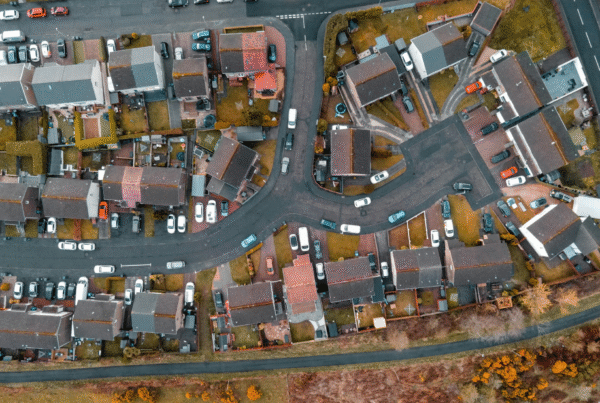Artificial intelligence has moved from industry buzzword to practical tool and the residential property sector is now one of its most significant beneficiaries. For investors, the shift is reshaping how opportunities are identified, evaluated and managed. As we close out 2025, the role of AI in property investment is no longer speculative. It is influencing real decisions in real time and giving investors access to a level of clarity that was previously impossible.
Sharper Market Insight Through Predictive Analysis
Traditional market analysis relies heavily on historic data and broad economic trends. AI broadens that lens by examining thousands of variables and recognising subtle patterns that human analysts might miss. It can track micro-movements in tenant demand, pricing sensitivity across neighbourhoods, renewal rates, infrastructure changes and even behavioural trends that affect how people choose to live.
This shift allows investors to form a clearer view of where value is moving and why. It is no longer simply about identifying an area that looks promising, it is about understanding the direction and pace of its growth, the risk level attached to it and the potential yield at both today’s prices and tomorrow’s.
Due Diligence With Better Accuracy
AI supports due diligence by screening properties with precision. It can assess factors such as construction age, planning history, comparable sales, rental volatility and historic maintenance issues. It can also highlight early signs of risk, such as inconsistent pricing or anomalies within title documents.
For investors, this means less time spent sifting through raw information and more time making decisions with confidence. AI does not replace the human element of due diligence but it strengthens it by giving investors cleaner and more reliable data at the earliest stage.
Portfolio Management That Responds to Real Conditions
Once a portfolio is built, AI helps keep it performing. Smart maintenance systems identify issues before they become costly. Rental forecasting models help determine optimal pricing based on seasonality and shifting demand. Some systems monitor payment cycles, renewal patterns and tenant behaviour to predict voids and support better planning.
For investors managing several properties across different regions, this level of oversight offers a clearer view of the entire portfolio without the noise that often comes with manual reporting.
Identifying Undervalued Assets Earlier
One of the most noticeable advantages for investors is AI’s ability to spot undervalued stock. By comparing thousands of live and historic variables, algorithms can flag properties that are priced below their potential or locations that are showing early signs of uplift.
These insights open the door to opportunities before they become widely known. For an investor, timing matters. AI helps sharpen that timing.
Supporting Long-Term Strategy
AI is not simply about short-term gains. It helps investors build more resilient long-term strategies. By understanding wider trends in demographics, employment, transport, university growth, planning reform and energy efficiency, investors can align their portfolios with the way demand is evolving rather than reacting to it after the event.
The Technology Does Not Replace the Investor
Even with the progress made in 2025, AI is a tool, not the decision maker. Property remains a sector where human judgement, market intuition and experience each play a central role. AI provides a stronger foundation for that judgement. It improves foresight, strengthens due diligence and removes uncertainty from parts of the process that were once opaque.
At GIP, we see AI as a way to help investors gain the clarity needed to make informed, confident decisions without losing the personal guidance and market understanding that remain essential to long-term success.
Photo by Matheus Bertelli







